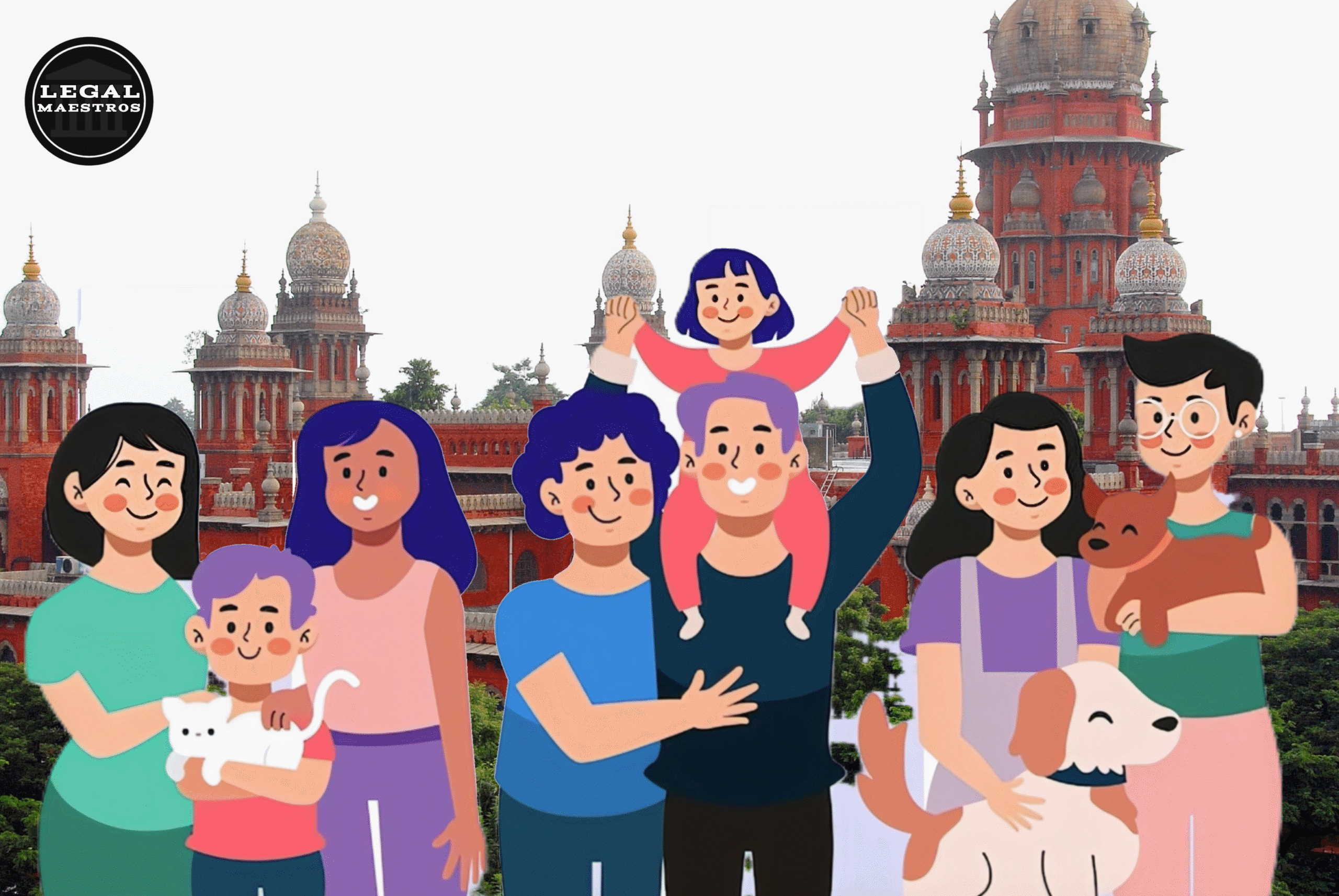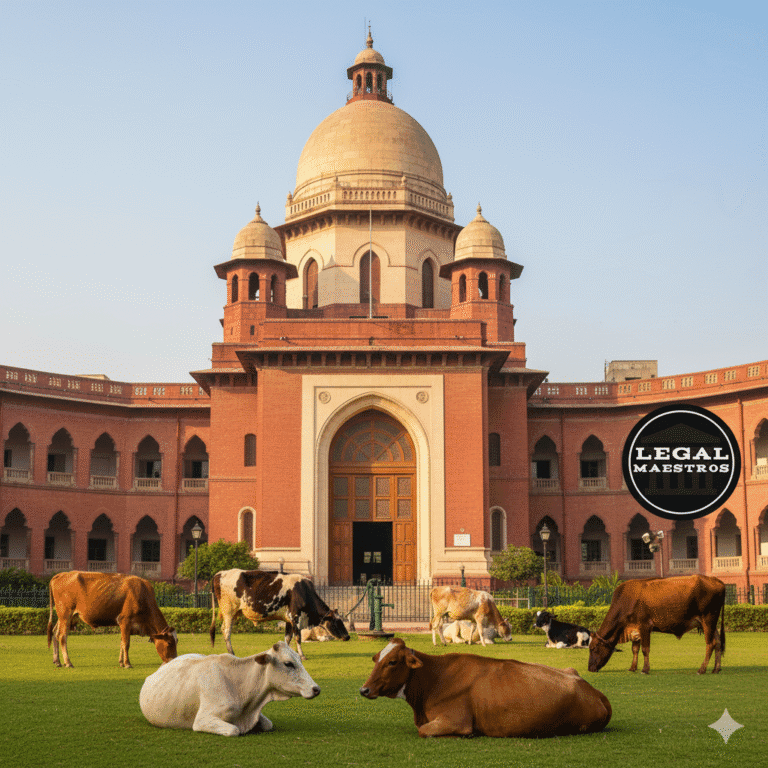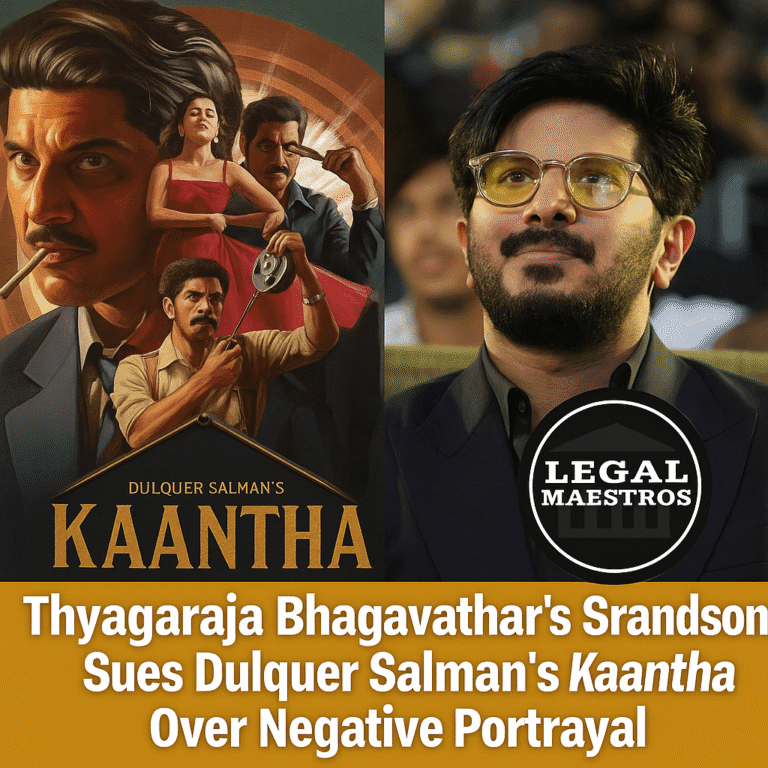
Despite the fact that marriages between people of the same gender are not recognized by Indian law at the present time, the Madras High Court has made it clear that LGBTQ+ couples are nonetheless able to exercise their freedom to establish families.
In a key decision that was handed down on June 5th, the court emphasized that the lack of legal status for same-sex marriage did not deprive gay couples of their right to friendship, cohabitation, and the formation of family relationships.
On the same day, the Calcutta High Court granted interim release to Sharmishta Panoli, a law student who had been detained after receiving complaints about allegedly disparaging remarks made on social media about Prophet Muhammad. This was a different but equally momentous occurrence. According to the court, there may have been anomalies in the process of her arrest, and it is necessary to protect her personal liberty until further investigation is conducted.
For any queries or to publish an article or post or advertisement on our platform, do call at +91 6377460764 or email us at contact@legalmaestros.com.
The High Court of Madras has said that the right to family life for LGBTQ+ couples must be respected.
In its findings on a batch of petitions concerning the rights of same-sex couples, the Madras High Court reaffirmed that Article 21 of India’s constitutional framework provides every person the right to life, dignity, and privacy.
This was said in the context of the petitions. The court observed that although while Indian legislation do not have a legal sanction for marriages between people of the same gender, there is no legal obstacle for LGBTQ+ couples to establish a family unit via other ways.
It was emphasized by Justice N. Anand Venkatesh, who has in the past given progressive rulings for LGBTQ+ rights, that the right to companionship is a vital component of human liberty. The court decided that lesbian, gay, bisexual, transgender, and queer couples have the right to live together, adopt children in situations where the law allows it, and seek legal protections offered to all families.
For any queries or to publish an article or post or advertisement on our platform, do call at +91 6377460764 or email us at contact@legalmaestros.com.
This decision is being seen as a reaffirmation of the historic opinion that the Supreme Court of India handed down in the case of Navtej Singh Johar v. Union of India (2018). In that case, the court recognized that sexual orientation is an essential component of identity and decriminalized consensual same-age relationships.
In addition, the Madras High Court directed both the state and national governments to take measures to guarantee that individuals who identify as gay are not exposed to prejudice while they are attempting to establish a family life. It was suggested that rules concerning housing, health insurance, and adoption should be made more inclusive of families who do not adhere to the heteronormative gender norm.
Despite the fact that LGBTQ+ rights groups applauded the court’s decision, they also emphasized the need of legal change in order to publicly acknowledge marriages between people of the same gender.
For any queries or to publish an article or post or advertisement on our platform, do call at +91 6377460764 or email us at contact@legalmaestros.com.
“The judgment is a positive step, but we need a comprehensive marriage equality law to ensure full parity,” said an advocate for LGBT rights based in Chennai. “Such a law would ensure full equality.”
During the Sharmishta Panoli case, the Calcutta High Court is questioning the arrest procedure.
In the meanwhile, on June 5, the Calcutta High Court granted interim release to Sharmishta Panoli, a law student at Symbiosis Law College in Pune. Panoli, who is 21 years old, was detained by the West Bengal police for allegedly making offensive comments about Prophet Muhammad on social media.
It was decided by Justice Raja Basu Chowdhury that Panoli should not be subjected to any kind of questioning that required her to remain in custody at this point in time, and that her personal liberty should be maintained. In addition to establishing the terms of her release on a bond of ₹10,000, the court also stipulated that she must cooperate with the inquiry that is now underway.
For any queries or to publish an article or post or advertisement on our platform, do call at +91 6377460764 or email us at contact@legalmaestros.com.
On May 14, a local charity filed a complaint saying that Panoli had written very abusive statements on social media sites X (previously Twitter) and Instagram. This complaint was the first step in the legal process.
The next day, the First Information Report (FIR) was filed in accordance with many sections of the Bharatiya Nagarik Suraksha Sanhita (BNSS), 2023. These parts include rules that pertain to provocation and harm to religious emotions.
Panoli’s legal representative contended that she had not been informed of the First Information Report (FIR), that she had not been issued notifications in the appropriate manner, and that she had relocated to Gurugram as a result of being threatened. Evidence was presented before the court that she had also filed complaints with the police in an effort to seek protection after getting sexually explicit threats over her online behavior.
For any queries or to publish an article or post or advertisement on our platform, do call at +91 6377460764 or email us at contact@legalmaestros.com.
The state, on the other hand, argued that Panoli had been notified of the reasons for his detention and that the appropriate processes had been followed. An examination of the case diary and the warrant of arrest that had been issued by a magistrate in Kolkata on May 22 was carried out by the court.
It was pointed out by the High Court in its comprehensive judgment that the arrest warrant looked to have been issued automatically, without proper judicial examination as required by law, particularly for offenses that are punished with a sentence of less than seven years in prison. The decision of the Supreme Court in the case of Arnesh Kumar v. State of Bihar, which warns against making arrests that are not warranted in situations like these, was mentioned.
In addition, the High Court made the observation that the “intimation of grounds of arrest” merely mentioned the existence of a warrant and did not adequately inform the person who was arrested about the fundamental facts that comprised the grounds of arrest. This was a violation of Article 22(1) of the Constitution as well as Section 47 of the BNSS.
For any queries or to publish an article or post or advertisement on our platform, do call at +91 6377460764 or email us at contact@legalmaestros.com.
It was brought to the attention of the court that the complaint and the FIR did not provide a clear statement of the specific statements that Panoli had said or whether or not such comments really constituted a cognizable offense. With reference to decisions made by the Supreme Court on the abuse of laws prohibiting hate speech, it urged the state to show restraint in topics that are of such a delicate nature.
In addition, the court ordered the state to take further precautions to protect Panoli, taking into consideration the threats that she had documented. Additionally, the court halted any subsequent FIRs that were filed on the same charges, according to the “sameness” standard that had been established by the Supreme Court in earlier decisions.
The next hearing on the case is scheduled to take place after the summer vacation, and the state is obliged to submit an affidavit in opposition to the proposal.
For any queries or to publish an article or post or advertisement on our platform, do call at +91 6377460764 or email us at contact@legalmaestros.com.
Further-Reaching Consequences
Whether it is maintaining the dignity and family rights of LGBTQ+ persons or ensuring that criminal law procedures do not crush personal liberty and free speech, both verdicts highlight the balancing act that the judiciary must do in order to preserve constitutional liberties.
While the Madras High Court continues to promote progressive interpretations of personal liberty for LGBT individuals, the Calcutta High Court is carefully scrutinizing arrest processes, which is a hint that the court is becoming more vigilant about the abuse of state authority in situations involving social media.
It is possible that these verdicts may serve as crucial guideposts for judges, legislatures, and civil society alike as India continues to debate deeper legislative changes in the areas of marital equality and control of online expression.
For any queries or to publish an article or post or advertisement on our platform, do call at +91 6377460764 or email us at contact@legalmaestros.com.





![JOB POST: Junior Associate at ASM Law Chambers, Jaipur [Freshers]](https://legalmaestros.com/wp-content/uploads/2025/11/Gemini_Generated_Image_8wrxer8wrxer8wrx-768x708.png)

